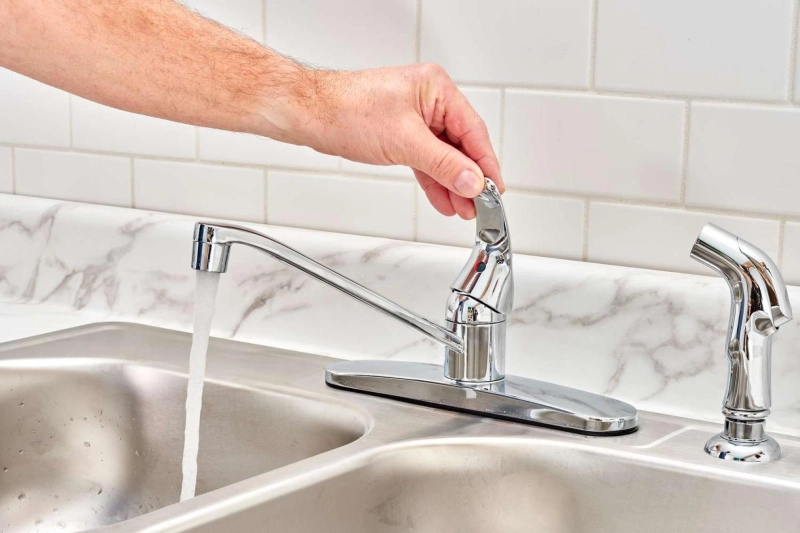Cleaning bathroom and kitchen faucets can be a hassle. If hard water or iron-based metals are exposed to air, you will encounter a rusty layer on your faucets. Hard water causes multiple issues because it has more minerals, such as magnesium, calcium, and copper. Rust can cause permanent damage to fixtures, leading to expensive repairs. Due to the corrosion, your kitchen or bathroom faucets may not perform effectively or give a metallic taste in water. The corrosiveness of your tap water can cause water leaks. Consulting with the best plumbing company in Oakland is imperative to save time and money.
How Corrosion Occurs?
When faucet metal is exposed to air and moisture, it causes a chemical reaction affecting the metal. The minerals in the water accumulate on the faucet and leave corrosive deposits in addition to this chemical deterioration. Consequently, rust and build-up create bonds that bind the faucet's parts together, making it challenging to turn faucet handles.
The metal dissolves due to chemical reactions, which is why aging metal pipes start to develop holes. Moreover, if water has a low pH level, it is considered acidic and extremely corrosive, and it will speed up the deterioration of your pipes.
Tips to Prevent Faucet Corrosion
1. Clean Aerators
Regular cleaning is essential because mineral accumulation on a faucet could be challenging to remove. Otherwise, if it keeps expanding, it will impact more than just your faucet, leading to expensive repairs. You can clean your faucets using a homemade mixture of diluted white vinegar and water every week.
2. Dry Off Faucets
Wipe faucets with a towel every time you use them, preventing water from accumulating on surfaces and causing corrosion. Cleaning also removes stains from water and grime. While this may seem like extra work, doing it frequently will help avoid hard water and ultimately save you time and money. Additionally, you'll have spotless fixtures.
3. Install Water Softener
A water softener can prevent rust by removing iron and other heavy metals from your water. You may need to install an iron filter if the water has very high iron levels. Since a water softener cannot prevent all of the iron, you should focus on keeping its maintenance by looking for discolorations and cleaning your fixtures frequently. Additionally, water softeners can improve the flavor and smell of your water and help you avoid dishes with water stains. If there are contaminants in the water, you will need a water filtration system.
Conclusion
Corrosive tap water can cause health consequences leading to short- and long-term health effects. Installing a water softener to prevent faucet corrosion is a good idea because it will filter out extra minerals. Moreover, regular maintenance is imperative to keep faucets from corroding.


